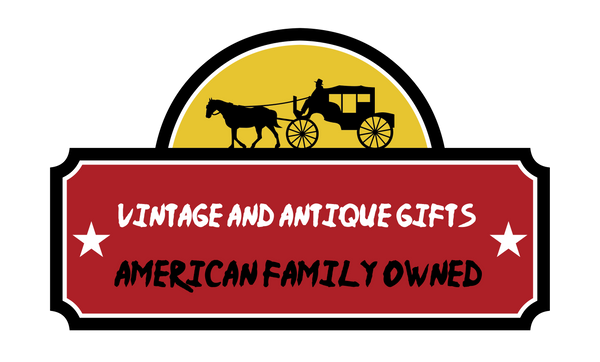Early 1900s Medicine Marvels and Mishaps Unveiled
Discover a mix of both groundbreaking achievements and dubious treatments in early 1900s medicine. While advancements like the introduction of aspirin by Bayer in 1899 and the discovery of penicillin by Alexander Fleming in 1928 paved the way for modern healthcare, the era also saw a flood of ineffective and dangerous remedies flooding the market. Aspirin, the first mass-marketed synthetic pain reliever, revolutionized healthcare with its safety and effectiveness. Initially available as a powder for medical facilities, it later became an over-the-counter tablet widely used during World War I and persisting through today. Explore vintage aspirin tins from a variety of brands like Spartan, Cloverine, and Bayer in our store. Penicillin's debut in the antibiotic age marked a turning point in treating infectious diseases, saving countless lives during World War II. Despite these successes, the era also saw questionable drug store remedies hit the shelves. Cough syrups containing addictive opioids like codeine and sedatives like chloroform posed serious health risks. Moreover, laudanum in teething remedies tragically led to infant deaths. Soothing ointments from brands like Williams' Anti-Pain Ointment claimed broad efficacy but often fell short. Meanwhile, cure-all concoctions with names like Dr. Flint’s Quaker Bitters and Make-Man Tablets proved both useless and dangerous. The industry's lack of regulation prompted the 1906 Pure Food and Drug Act to mandate ingredient disclosures, revealing that many products contained misleading or harmful substances. Today, collectors treasure antique medicine tins and bottles as remnants of this bygone era. Explore our selection of vintage remedies, from aspirins to laxatives, and curious cure-alls in our store. Whether you seek a unique gift or a nostalgic keepsake, our collection of antique gifts offers a glimpse into the colorful history of early 1900s medicine.
